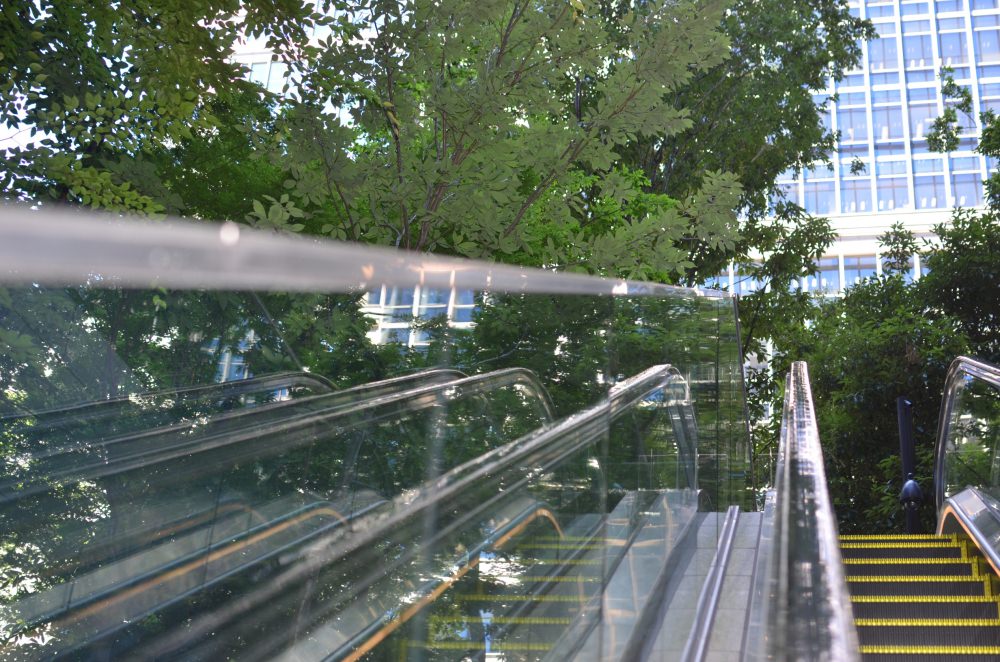The Japanese Cabinet is setting aside 46 billion yen ($416 million) in planned subsidies for SMEs, small enterprises or other entities in fiscal 2017, according to the Ministry of Economy, Trade and Industry (METI). The subsidies are part of the government’s Small Business Innovation Research (SBIR) program and geared toward business activities based on R&D results.
Subsidies for SMEs
The Japanese Cabinet has approved Policies for Granting Designated Subsidies to SMEs, Small Enterprises or Other Entities (“SMEs”) since fiscal 1999. The program includes a target amount of designated subsidies for SMEs as well as support and other measures in commercializing newly-developed technologies.
Highlights of policies for 2017
The target amount of R&D budget expenditure of the government and other organizations allocated to SMEs has been set at 46 billion yen for fiscal 2017 – the same level as the year prior , which marked a record-high.
Out of the total, the government will allocate a specific amount to newly-established SMEs that have been in business for 10 years or less. It will promote the availability of these funds through seminars and other ways of providing information.
Taking advantage of display examination for government-led exhibitions, the government will strive to take into consideration newly-established SMEs.
The government als aims to reduce burdens on SMEs by revising procedures for filing applications for subsidies, for example through the intended use of the Venture Business Assistance Platform.
The new platform is geared to dramatically streamline procedures for filing applications for programs for assisting venture businesses, e.g. for receiving subsidies or commission fees. It allows users to access harmonized application forms, retrieve data such as information on companies from databases, and file applications online.
